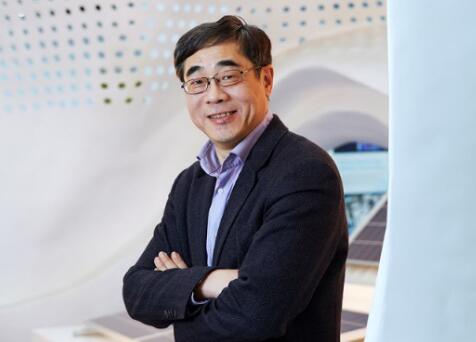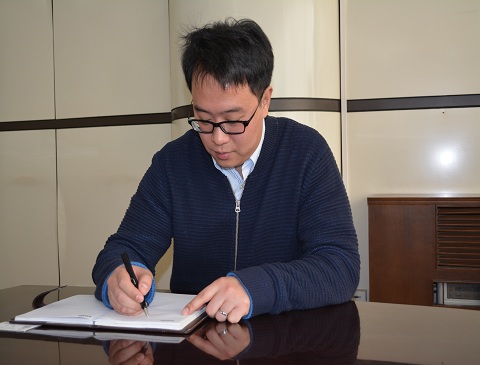Roesler said power producers will need to face competitors without earning above-market prices over the long-term if the country wants to reach its clean-energy targets and not overpay. German consumers paid about €13 billion last year in subsidies for power from wind and solar plants.
Following the Fukushima catastrophe last year, Germany has started decommissioning its nuclear reactors, looking to increase its renewable energy usage to 80% by 2050.
Berlin-based module maker Solon SE and Solar Millennium AG, a developer of solar-thermal plants, filed for insolvency last month even as the country added a record 7.5GW of solar energy capacity in 2011, more than double the government’s target of 3.5GW.
Christiane Schwarte, a spokeswoman for environment minister Norbert Roettgen, said the renewable energy law in its current form has “stood the test of time.” Furthermore, she believes the current law will continue.
German consumers finance the clean-energy subsidies via their electricity bills. Under current regulations, Germany is expected to cut solar subsidies by about 27% this year after a 13% reduction in 2011, according to the BSW-Solar industry association.
<iframe allowtransparency="" frameborder="0" height="0" id="stSegmentFrame" name="stSegmentFrame" scrolling="no" src="http://seg.sharethis.com/getSegment.php?purl=http%3A%2F%2Fmy.ally.net.cn%2Findex.php%3Fm%3Dcontent%26c%3Dcontent%26a%3Dadd%26menuid%3D%26catid%3D51%26pc_hash%3DHCQmFt%26pc_hash%3DHCQmFt&jsref=&rnd=1326899684470" style="display: none" width="0"></iframe>- German trade group calls for global industry support as fears arise from proposed FiT changes2012-03-01
- German economy minister calls for overhaul to FiT2012-01-18
- Germany sets new solar installation record of 7.5GW on late year surge2012-01-10
- German green power charges to rise 1.8 pct in 20122011-10-18
- German PV recruitment figures hit the 100,000 mark2011-06-08
- 第九届中国(无锡)国际新能源大会
-
 本届新能源大会以“新城镇、新能源、新生活”为主题,举办2017全球新能源产业峰会及“光伏+”跨界、绿色建筑、分布式市场营销等10场专业论坛,国家能源局新能源和可再生能源司...
本届新能源大会以“新城镇、新能源、新生活”为主题,举办2017全球新能源产业峰会及“光伏+”跨界、绿色建筑、分布式市场营销等10场专业论坛,国家能源局新能源和可再生能源司...














